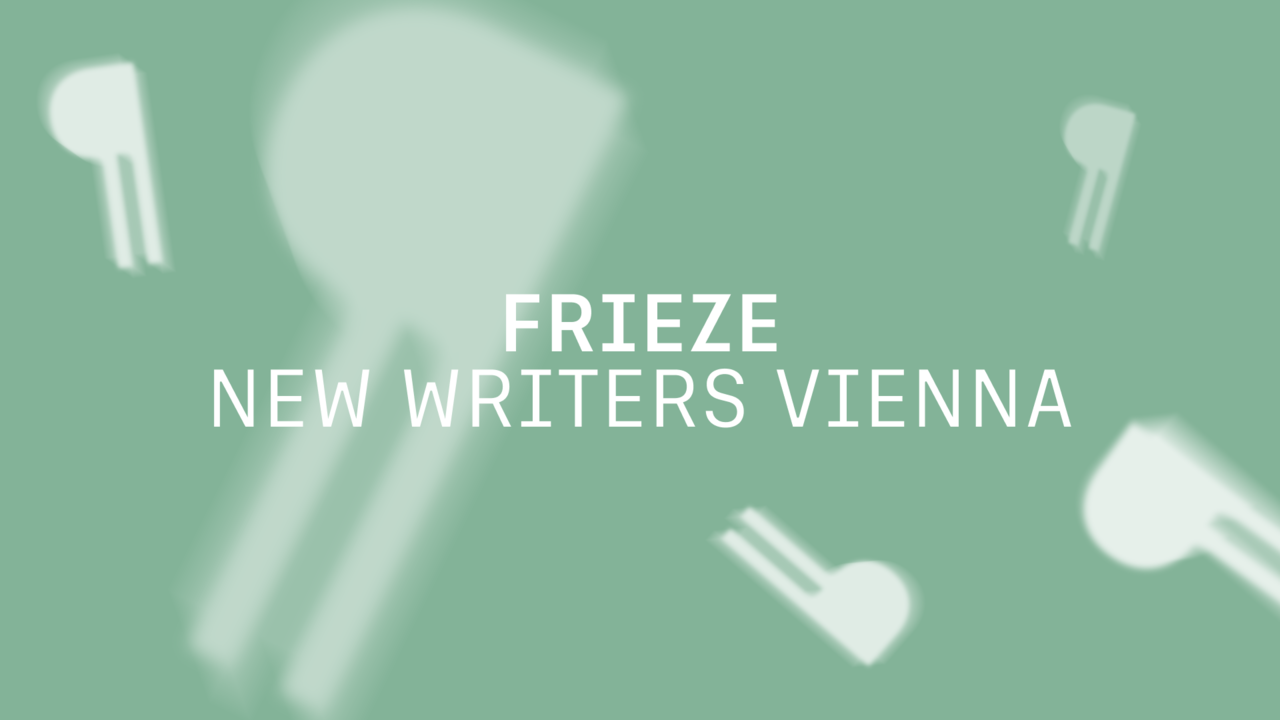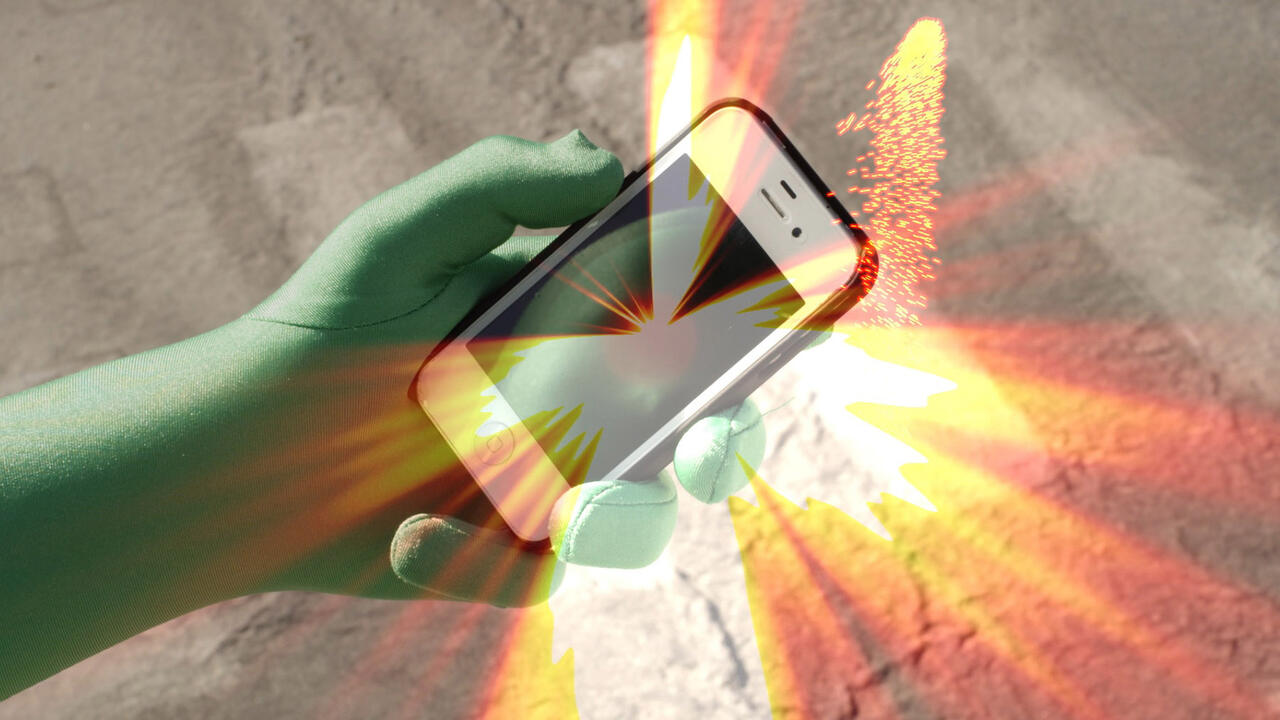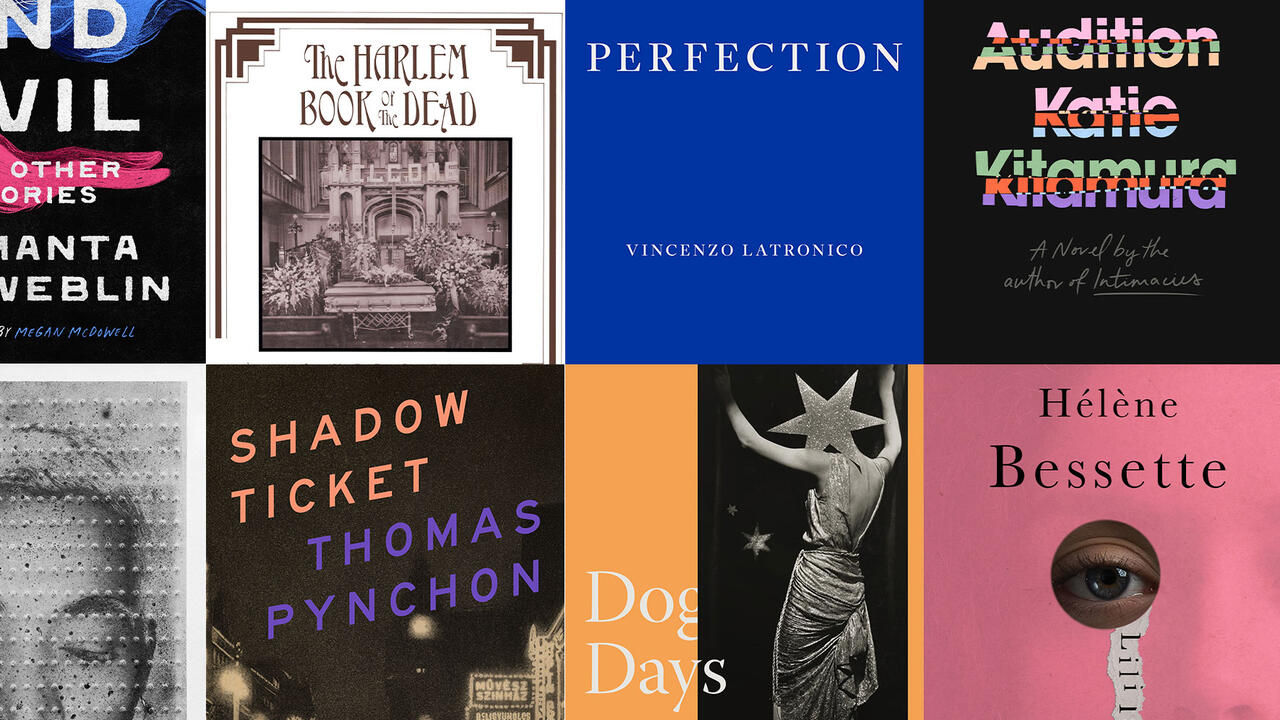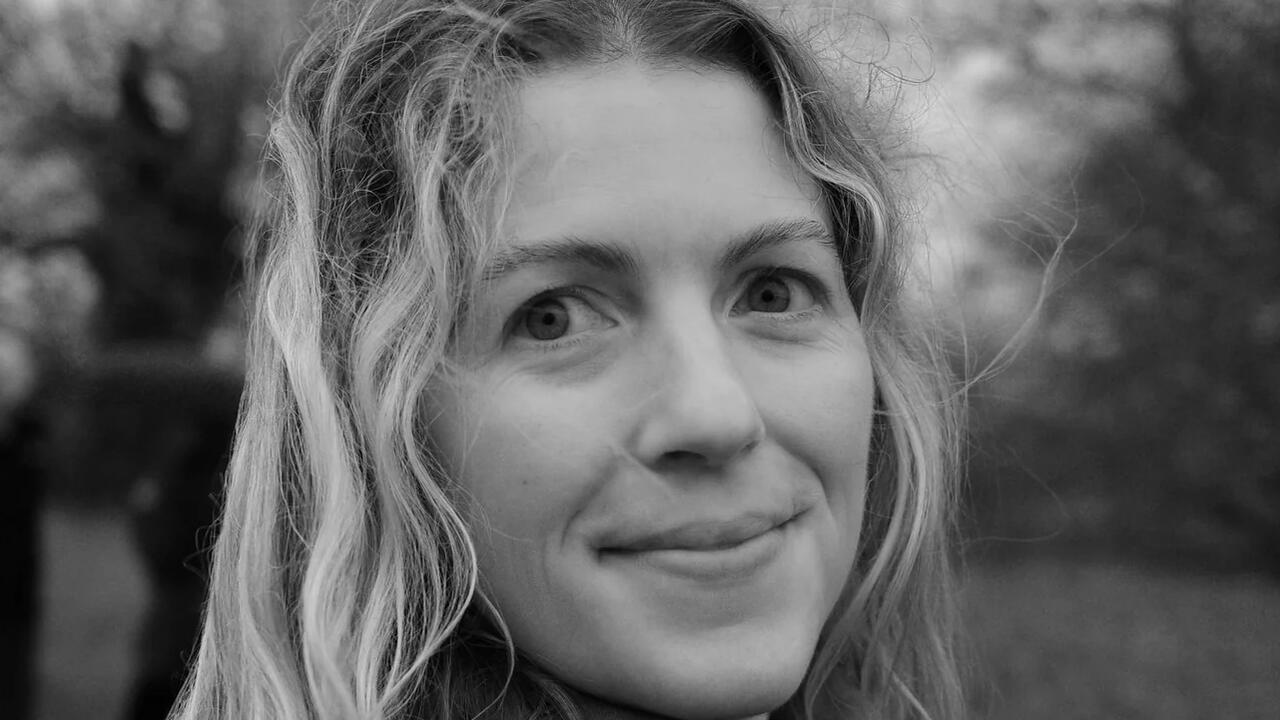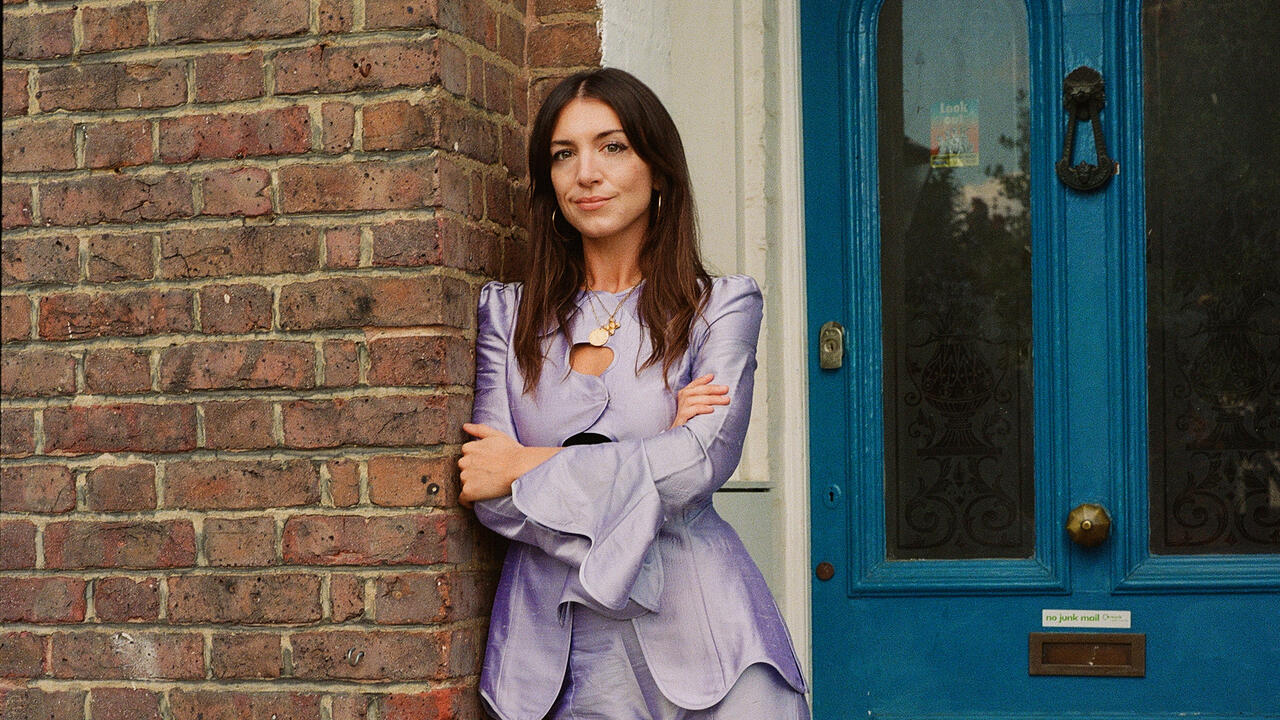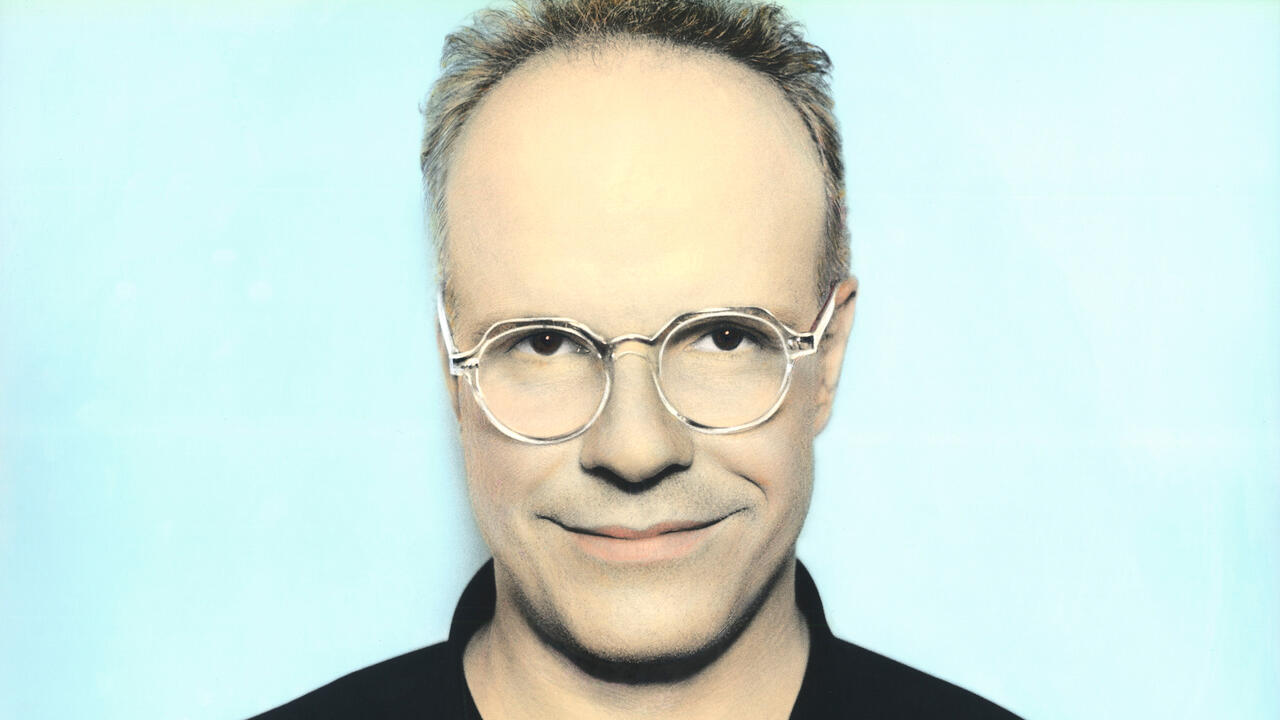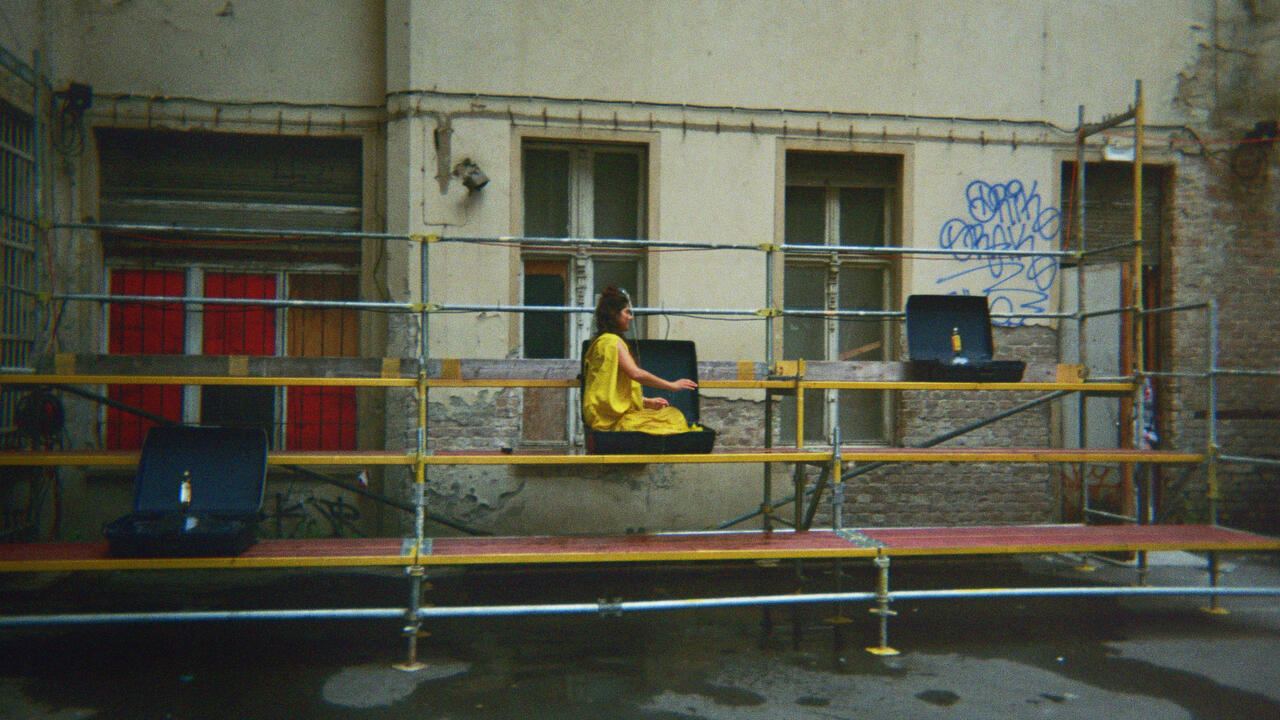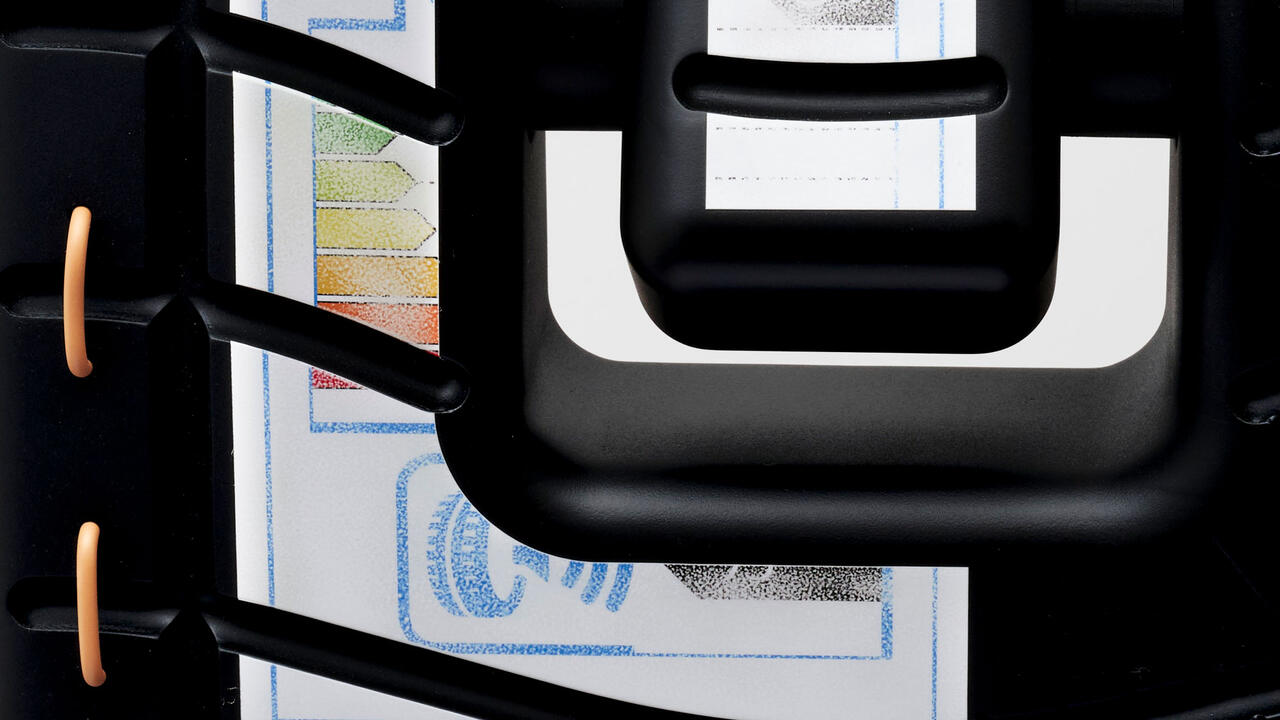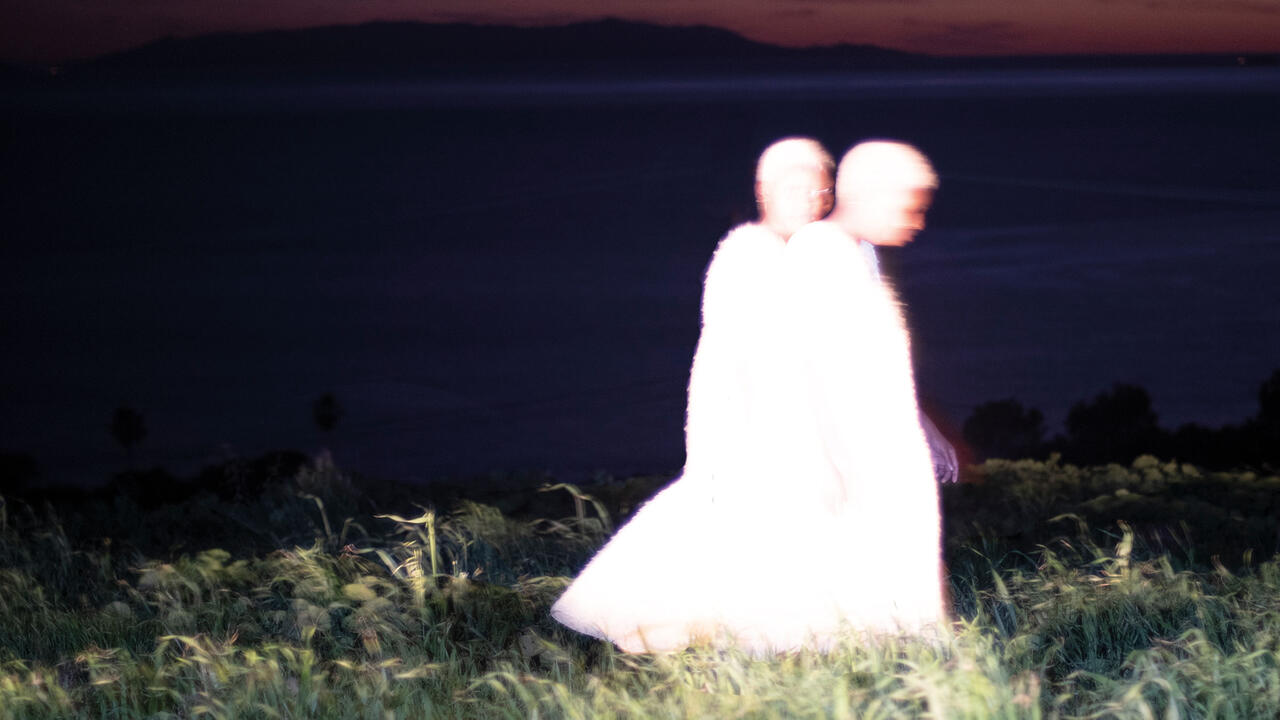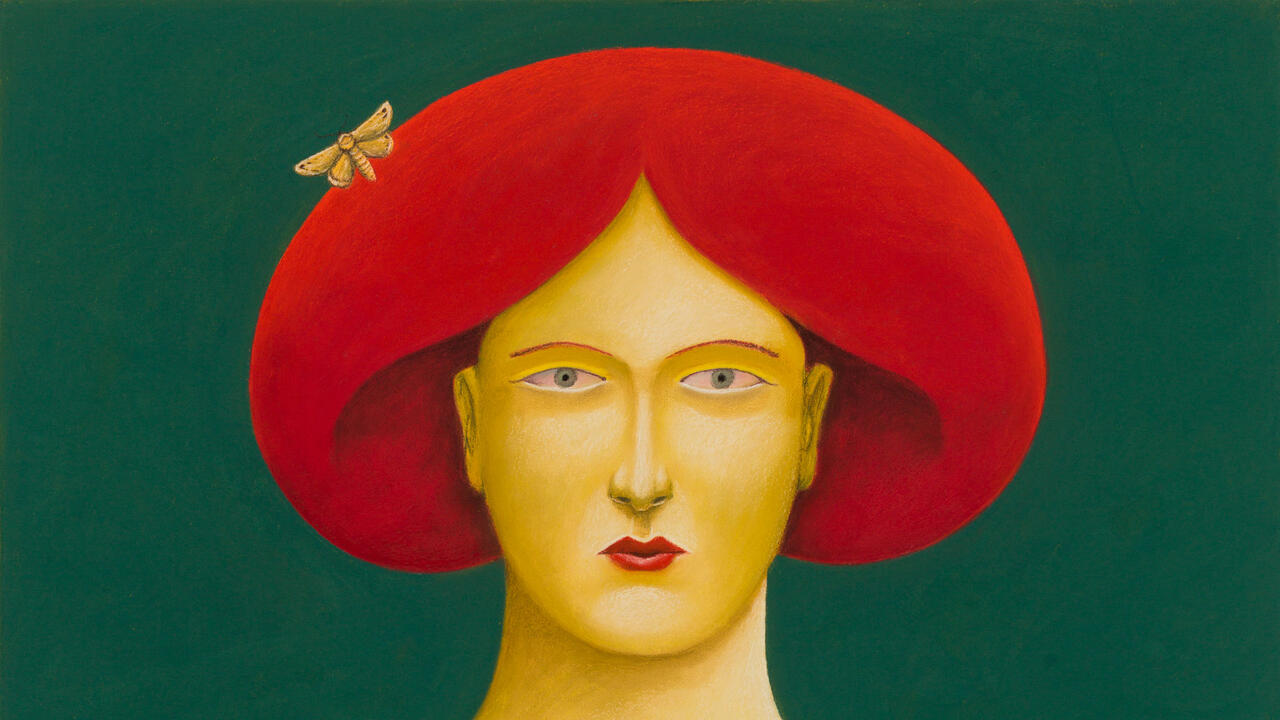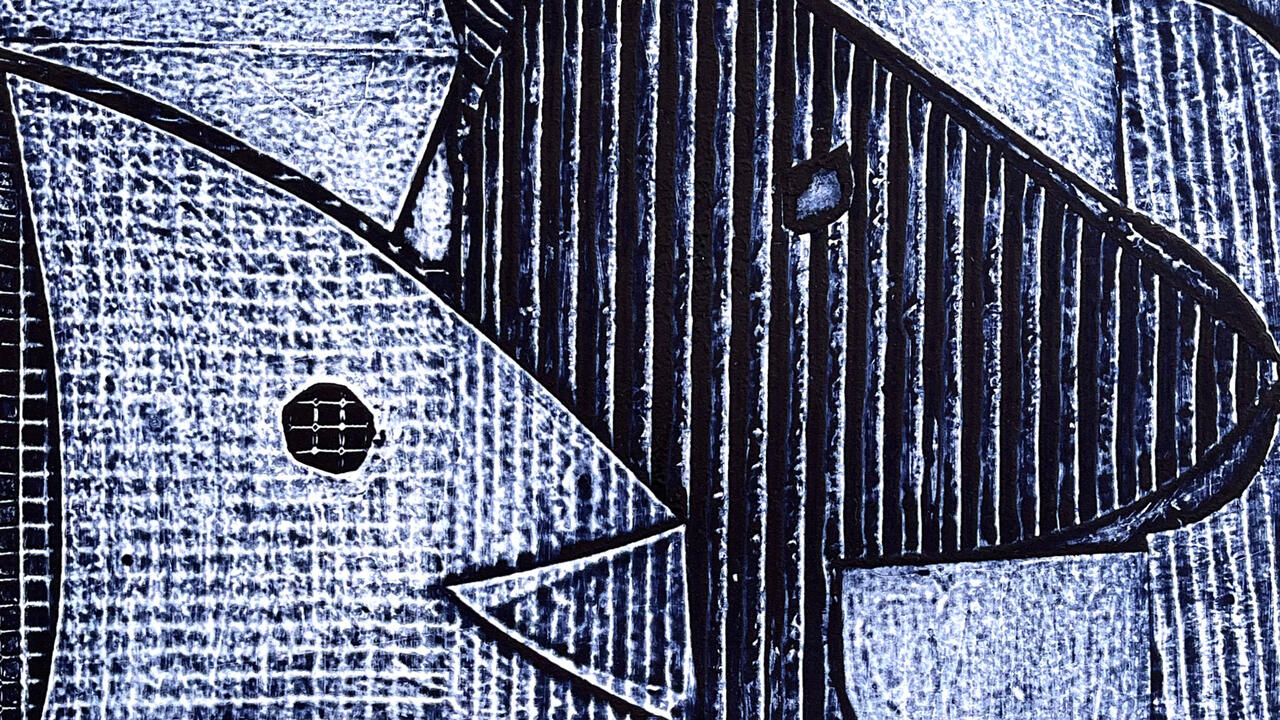‘New Dark Age’: James Bridle’s Lovecraft-Inspired Prologue to the End of the World
In our devotion to computation and its predictive capabilities are we rushing blindly towards our own demise?
In our devotion to computation and its predictive capabilities are we rushing blindly towards our own demise?

‘Carbon dioxide clouds the mind: it directly degrades our ability to think clearly […] The crisis of global warming is a crisis of the mind.’ Only a third of the way into New Dark Age: Technology and the End of the Future (Verso, 2018) and writer and artist James Bridle is explaining that not only is our future on this world ending, but that we’ll soon possibly be too witless to even understand that fact.
Bridle is best known for theorizing the ‘New Aesthetic’, as he describes: ‘an investigation / project / tumblr looking at technologically-enabled novelty in the world.’ If that project was about the visual and conceptual cross-dissolve between our virtual, digital and physical realms, then New Dark Age is about the chasm between them: the unthinkable space separating the rational models we create of our world (the facts that we base our decisions on), and the quite often irrational facts the world is constituted by (the things that generally ruin our plans).

Striding through a series of chapters – all with one-word titles beginning with ‘C’: ‘Chasm’, ‘Computation’, ‘Climate’, ‘Complicity’, ‘Conspiracy’, ‘Cloud’ – Bridle lucidly argues how our enthusiasm for, and reliance on technology is working against us by undermining our ability to reliably anticipate future risks. The ominous horizon of our new dark age is our blind devotion to computation and its predictive capabilities.
Bridle starts with art critic John Ruskin’s 1884 lecture series ‘The Storm-Cloud of the Nineteenth Century’ focusing on depictions of the sky and clouds in art, as well as a new kind of storm cloud Ruskin claimed to have observed (it’s uncertain what he actually saw: factory pollution, the effects of volcanic eruption, or a good moral metaphor). Bridle relishes in neat etymological and conceptual connections, taking Ruskin’s foreboding feeling in this ‘plague-cloud,’ and, via cloud computing, segues into an abbreviated history of weather forecasting and its legacy in our relatively new but ripening digital landscape.
Unsurprisingly, the ‘Climate’ chapter holds bad news. For millennia humankind has studied our world and relied upon a stable set of patterns in the weather, the tides, animal and plant life. ‘Civilisation itself depends on such accurate forecasting,’ writes Bridle, ‘and yet our ability to maintain it is falling away as ecosystems begin to break down …’

In ‘Calculation’, Bridle demonstrates how the methods we use to forecast can actually obscure our world. Traditional scientific processes might become obsolete due to their reliance upon vast pre-existing data, writes Bridle, ‘No longer would [scientists] need to build models of the world and test them against sampled data. Instead, the complexities of huge and totalising data sets would be processed by immense computing clusters to produce truth itself…’ Here, data is truth irrespective of the world, and rendered opaque through sheer volume – unquestionable truth.
‘What if,’ asks Bridle, ‘these stories are the real history of computation: a litany of failures to distinguish between simulation and reality; a chronic failure to identify the conceptual chasm at the heart of computational thinking, of our construction of the world?’
‘On multiple levels, mass surveillance simply doesn’t work.’ James Bridle
If slow governmental and social response to climate change is exemplary of capitalism’s power to successfully dispute indisputable facts, then contemporary surveillance is up there too. From Wikileaks to NSA whistleblowers, William Binney and Edward Snowden, and more, we know we are being surveilled on an unprecedented scale; our social media apps and communications providers indispensable in this paranoiac progress. Here Bridle has some good news (maybe): ‘On multiple levels, mass surveillance simply doesn’t work.’ There’s simply too much data to make sense of.
Then there’s artificial intelligence and machine learning, a still near-mythic realm by laymen’s standards, ranging from chess masters battling living-room-sized computers in the 1980s to Kremlin Twitter bots spreading disinformation chaos, and lethal autonomous weapons, aka killer robots.
Bridle shows how the rise of connectionism – ‘the belief that intelligence was an emergent property of the connections between neurons,’ requiring no knowledge of the outside world – informs contemporary AI development, thus potentially dispensing with the trickiness of individual people and their experiences in the world, symbolized by the lacunae of race and gender awareness across tech culture.
There’s a politely insistent temperament through New Dark Age, but in the last two chapters you feel Bridle’s ire. One segment (a version of a widely-shared essay Bridle published online in late 2017, ‘Something Is Wrong on the Internet’) describes a burgeoning but questionable industry on YouTube.
There’s always been something weird about children’s television shows, but the age of self-publishing and YouTube allows for vast, unaccountable manipulation of its weirdness. At the sinister end of the spectrum are trolls creating gore-inflected, violent versions of this assumedly child-friendly content, hoping to worm into the same feeds as the benign originals. There’s more insidious grey areas: alongside outright cut-and-paste content piracy to gain advertising views, adults also cast real children in original content productions that skirt into questionable practices around exploitation and abuse.

These unregulated channels have billions of views – likely watched by kids who have been plonked in front of screens by parents: ‘To expose young children – some very young – to violent and disturbing scenes is a form of abuse,’ writes Bridle. ‘Automated reward systems like YouTube algorithms necessitate exploitation to sustain their revenue, encoding the worst aspects of rapacious, free market capitalism.’ The platforms and jargon might be new, but the problems they amplify are depressingly old.
Bridle’s multidisciplinary research deftly hopscotches across science, politics and the arts. His writing is clear and precise, showing his background in computer science and experience in public communication. But the end of our world is also a well-storied drama itself, one that vacillates between fiction and fact: innumerable religious and cultic prophecies exist of The End; myths of Atlantean destruction; environmental disaster flicks and zombie horror apocalypse TV shows abound. We love rehearsing our disastrous annihilation, and New Dark Age fits into our tradition of catastrophe dramatics.
For instance, New Dark Age owes a titular debt to horror writer H.P. Lovecraft’s best known story, The Call of Cthulhu (1928). Lovecraft was a racist xenophobe, and the part that Bridle derives his new dark age from resonates with that bigotry. Lovecraft describes how science would generate so much knowledge, ‘that we shall either go mad from the revelation or flee from the deadly light into the peace and safety of a new dark age.’ Bridle doesn’t investigate Lovecraft or his work but says his use of the passage is about the opportunity held in this crisis, that by acknowledging its darkness, we will be able to find ‘new ways of seeing by another light.’
This exemplifies a conflict underlying New Dark Age. There’s little redemption and few happy endings that get in the way of an H.P. Lovecraft tale. And all catastrophe dramas have clearly signposted routes to unavoidable, nasty finales. That’s what makes these stories wildly engaging. Bridle generally has a compulsion towards positivity – he can’t help seeing possibilities everywhere, however forced (as is the case with The Call of Cthulhu) – a constructive sentiment which can feel at odds with the uncompromising story he seems to want to tell, and the radical conclusions that lurk inside it. The essay ‘Something Is Wrong on the Internet’ gets to the heart of the matter though, expressing a gut reaction that is noticeably smoothed out in this book: ‘right now I just want to burn the whole thing down.’ Indeed.
James Bridle’s New Dark Age: Technology and the End of the Future, is out now published by Verso.
Main image: Unboxing Peppa Pig, screenshot. Courtesy: YouTube Kids


